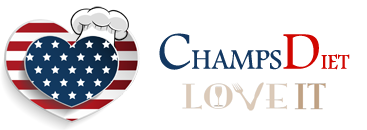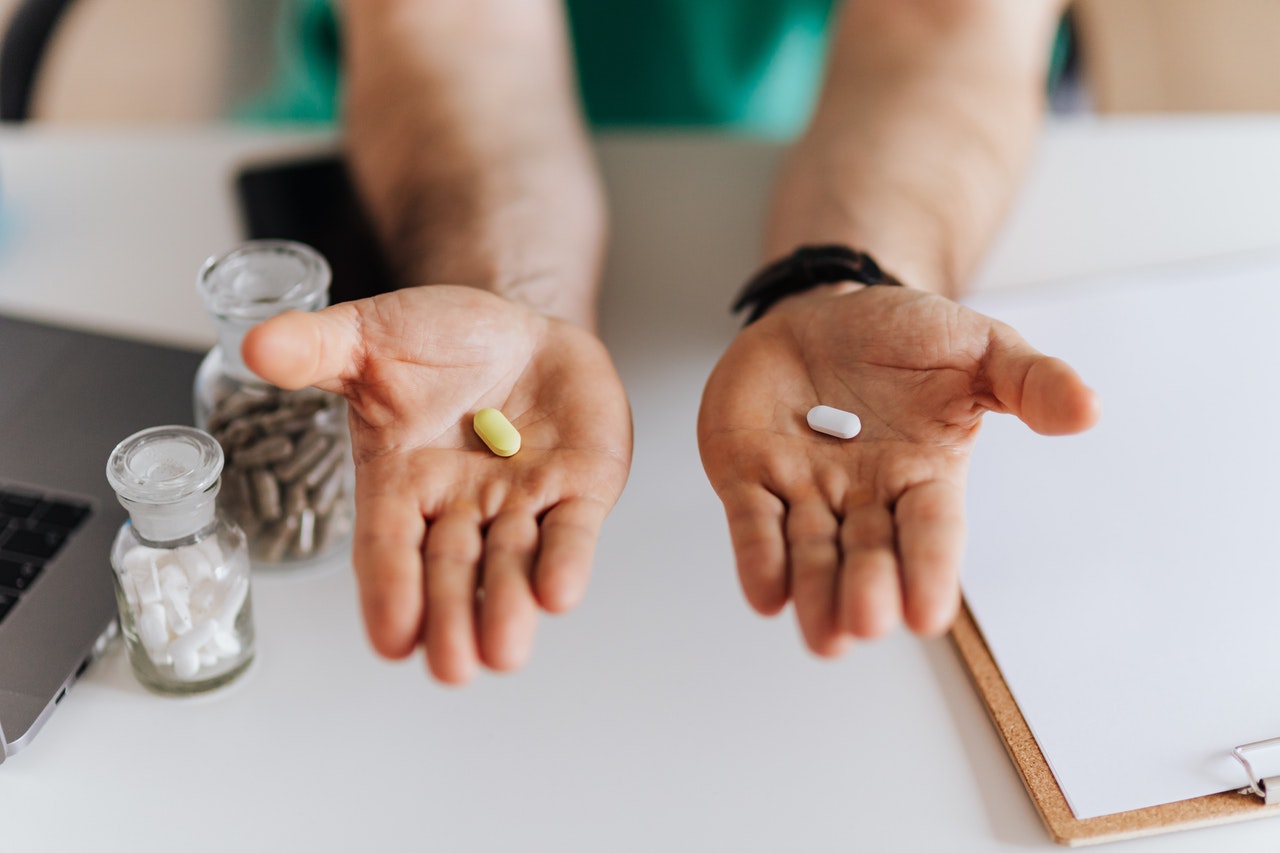Taking antibiotics not only treats but also negatively affects the microflora of the gastrointestinal tract. Many of us have heard the saying “A healthy gut means a healthy body”. This statement is very true, as scientific studies show that a proper microflora in our intestines, consisting of the right ratio of “good” and “bad” bacteria, has a positive effect on the immune system. Taking probiotics does not always ensure that the right balance of bacteria is restored.
A balanced and varied diet is said to be essential after taking antibiotics. It is important to supplement the diet with fruit, vegetables, cereals, bran and flaxseed, as these foods are rich in fibre, which stimulates the growth of the ‘good’ bacterial population in the gut. These foods are prebiotics or bacterial food. Prebiotics include the fibres inulin and pectin. These fibres are abundant in onions, leeks, Jerusalem artichokes, asparagus, chicory, garlic, currants, currants, gooseberries, quince, plums, apples and citrus fruits. These are the products that need to be included in the diet.
It is useful to consume fermented foods on a daily basis as they provide the body with probiotics. Kefir or sauerkraut are common for many. However, we can diversify our diet not only with pickles, but also with fermented carrots, beetroot or any other fermented vegetables or even fruit such as apples.
Fermented dairy products

Fermented dairy products are also an excellent choice of “good” bacteria, but you should pay attention to the ingredients when buying the product. We all know that fermented buttermilk is a great product, but if we buy a product with more than 5 g of added sugar per 100 g of product, we are not only getting unnecessary sugar, but we are also getting flavourings that do not do the gut bacteria and the body as a whole any good. Do not forget to consume enough fluids after taking antibiotics. Water or mineral water should be chosen, but not fizzy, sweetened drinks.
Experts add that it is not only probiotics that are important after taking antibiotics. It is useful to enrich the diet with vitamin C. This vitamin has many functions related to boosting immunity and protecting the body against pathogens. Various vegetables and fruits contain vitamin C. It is useful to drink rosehip tea, eat broccoli salad, and cook various dishes with parsley to provide the body with a higher level of vitamin C.
Fish oil

Fish oil is a source of important fatty acids, such as omega 3, which reduce inflammatory reactions in the body and are useful to consume not only after an illness, but also for prevention. Omega 3 is abundant in oily fish, herring, mackerel, anchovies and salmon. Eating fish several times a week is beneficial and will be enough to supply the body with omega-3 fatty acids. Research shows that the quality of fish meat depends on the amount of omega-3 fatty acids it contains. Quality is determined by the way the fish is farmed and the way it is heat treated. Studies have shown that farmed fish contain “good” fatty acids, although slightly less than wild fish. Eating fish or drinking fish oil also provides the body with vitamins D and A, which are good for restoring and strengthening immunity.

